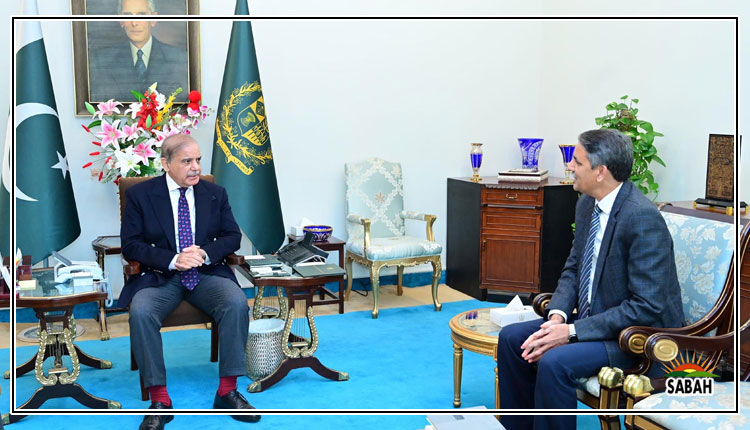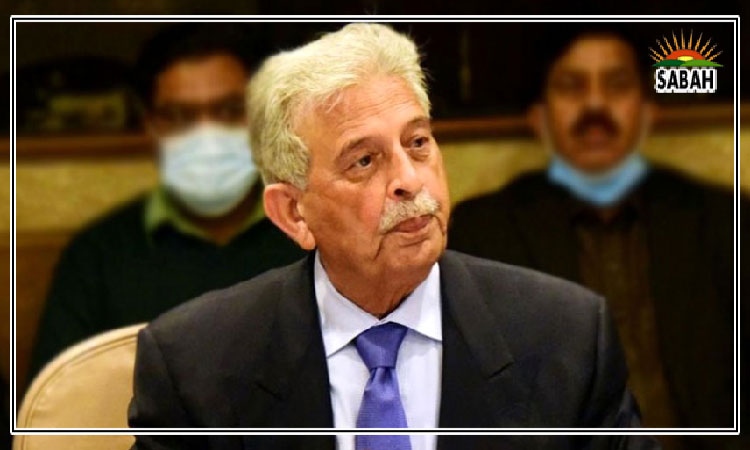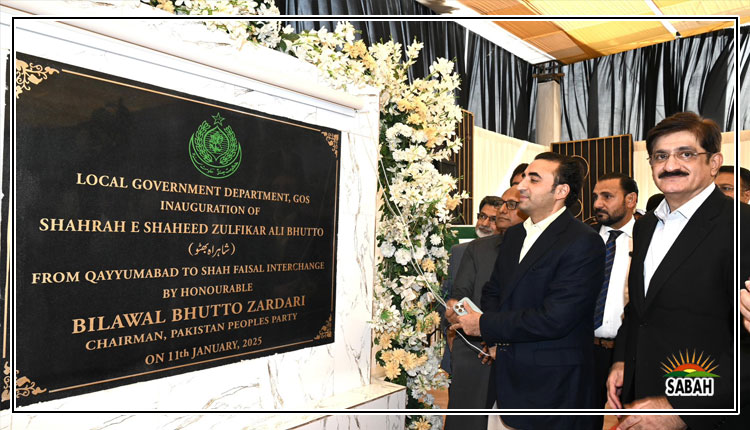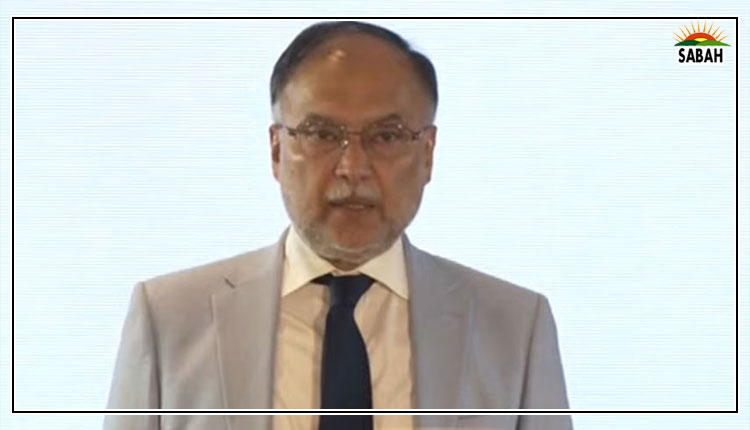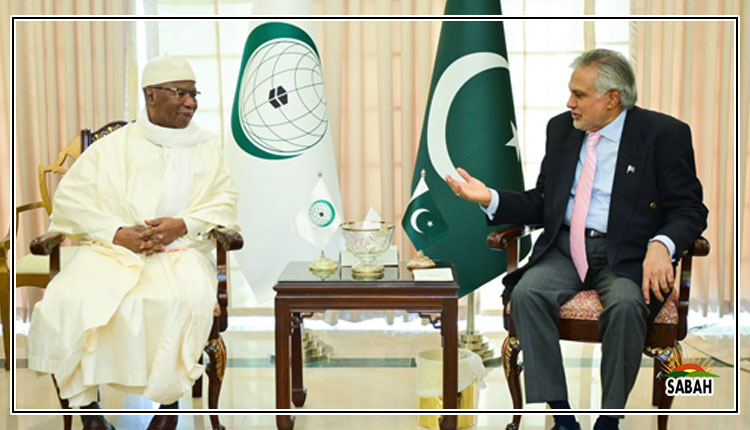The technocratic takeover….Foqia Sadiq Khan
The whispers for the new technocratic setup have decreased a little but it is an idea that needs to be strongly debunked as it raises its ugly head every few years.
Why are such short-term and stop-gap desperate measures such as installing a technocratic setup bad? This has to do with accountability. Given the fact that Pakistan has all kinds of rent-seeking and corrupt elite, it is only democracy that ensures some form of accountability of the political class through elections every five years. The non-political technocratic elite is not accountable to anyone.
Democracy has a feedback loop built in the system. The political class has to take into account the public aspirations since it has to seek votes to come to and remain in power. Any technocratic setup has no such compulsions. Therefore, a government without accountability is a non-starter.
The poor in the country are hugely disempowered. The bureaucratic, legal, judicial, socio-political, and economic system works against them and is mostly alien to them. The poor only have the power to vote that they can leverage to get a pittance of favourable terms for themselves. Endorsing any idea for technocratic setup is equivalent to snatching the last vista of empowerment of the poor from them.
The much-condemned political patronage system is sometimes the only refuge the poor have to negotiate their way with state institutions. Social science literature has shown time and again that the poor use their power of vote and politics of patronage to deal with thana/katchehry and other government institutions. Any technocratic setup cannot deliver for the poor the way democracy does.
It is true that though democracy largely delivers for the people, it should not be so populist that it becomes the slave of anti-rational socio-political and economic policies an example being the governments inability to tax traders as political parties are afraid of the power of the trader class and are unwilling to bear the political cost of antagonizing them in elections. As a result, politicians do not tax them, and this is bad for the countrys economy. However, such short-sighted policies are not limited to democratic governments; traders have never been taxed by authoritarian regimes in Pakistan as well. It shows the problem is not democracy that can be fixed by the mirage of any technocratic setup; the malaise is deeper than that and it needs structural overhaul.
When democracy was given some breathing space between 2008 and 2016, some evidence showed the emergence of across-the-board public service delivery in the Punjab education sector, despite it co-existing with the culture of selective patronage/sifarish in high-powered politics. It is important to highlight this trend. There are not enough public funds to please all the voters through the politics of patronage. If regime change only occurs through performance-based competitive elections, democracy will surely and slowly move towards universal public service delivery despite having some selected pockets of patronage. It will largely propel the system to deliver for the people.
The only thing derailing the system is political instability and this entrenched game of musical chairs that does not let any civilian regime to continue. Both Mujibur Rahman and Zulfikar Ali Bhutto were not financially corrupt, then why were they not allowed to remain in power? One can only imagine how Pakistan would have taken a different trajectory had Mujib/Bhutto ruled the country for extended periods. One can look at Bangladesh to have an idea as it has been transformed into an emerging economic power since Sheikh Hasina took power in 2009. Pakistan might have prospered like this too, but Mujib/Bhutto were not allowed to remain in power for long.
Post-1988, all political governments have been facing political instability as a built-in feature in the system. How can we expect democracy to deliver when it is being systematically undermined all the time and when some present a technocratic setup as a panacea?
The Pakistani elite has largely survived in the last 70 plus years by earning geostrategic rents from external powers and coercive rents from inside the country. Now that geostrategic rents have dried up and the ability of the internal system to pay coercive rents has diminished due to adverse economic conditions, the squabbling over the limited resources has started. Some voices call for the reversal of the 18th Amendment and the 7th NFC Award. Some argue that the Benazir Income Support Programme (BISP) should be stopped things we heard before the 2018 general elections. Now, recently, an oped called for ending public education in the country and replacing it with a private voucher scheme or insurance.
It is true that the private education system is largely more efficient than the public education system, and we have written about it in these pages in the past. It is also true that the private education system does not have its presence in cities only; it is also prevalent in rural areas. However, not all provinces have private schools. Rural Sindh and Balochistan and former tribal areas in Khyber Pakhtunkhwa do not have a strong private-school system as Punjab does.
Education comes third in terms of government expenditure after debt-servicing and defence. Hence, the call to undo it has entered a new phase of fight over public resources. Public education has to (and must) continue, and the sector must have better accountability. We have evidence that with technologies such as geo-tagging, public-sector employees absenteeism can be better monitored. Why cant our authorities reform the public education system that delivers even in the far-fetched areas of the country instead of replacing it with a private voucher scheme? Politicians should at least spare education in this new quest for more financial resources.
Similarly, the provinces must generate their revenues and also need to better spend the provincial resources that they are given and devolve the financial and administrative resources to the district and sub-district levels.
Recent media reports show how the present PTI-PMLQ government in Punjab is spending all the provincial resources in the hometown district of the present chief minister and over-extending patronage spending in a way that is not good for the public welfare. Such counter-productive patronage spending will be effectively dealt with if there is an autonomous system that distributes provincial resources to the lowest tier of the government just as the 7th NFC Award gives it to provinces.
However, the present political elite across-the-board considers devolution as a trap to weaken their political control. Authoritarian governments have used devolution in the past to the lowest tier of the government to systematically weaken the political class.
Just like all good policies in the country, devolution to the lowest tiers will also work if there is continued political stability in the country and the political class does not feel threatened. All calls for technocratic setup reverse this long-term embeddedness of the political processes.
The search for the mirage of technocratic setup has to stop for meaningful socio-political and economic reforms to take place in the country.
Courtesy The News



